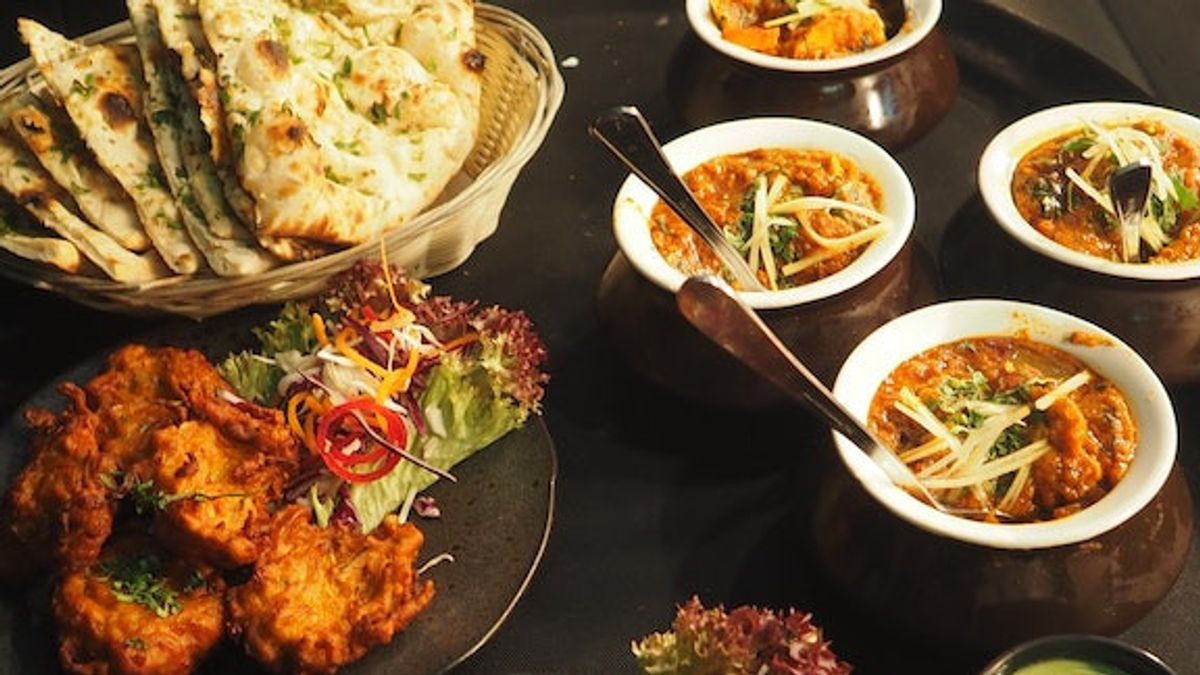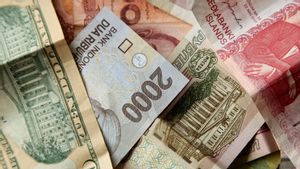JAKARTA - Eating high calorie foods during sahur and breaking the fast can cause excess nutrients that trigger metabolic diseases, said Internal Medicine Specialist from the University of Indonesia, dr. Bonita Effendi, B.MedSci, Sp.PD, M.Epid.
"Excess nutrition can later trigger obesity or metabolic diseases such as diabetes, hypertension, dyslipidemia, kidney failure, heart failure," said Bonita, who practices at Pondok Indah Hospital, Puri Indah, as reported by ANTARA.
Excess nutrition makes the body unable to benefit from fasting that can improve metabolism, lose weight, lower cholesterol levels and blood sugar levels, detoxify, increase endurance, and maintain heart health.
According to Bonita, it is better if the fulfillment of nutrition must be able to support the health and endurance during Ramadan worship. He gave an example of a diet that can be imitated for a day. To break the fast, you can eat two or three dates and drink a glass of water. After maghrib, eat one portion of white rice, a piece of chicken, a slice of tempeh or tofu, a bowl of vegetables, one type of fruit and two glasses of water.
After tarawih prayer, you can eat one type of fruit and two glasses of water. When suhoor, the food consumed can consist of a portion of white rice, a piece of fish, a portion of vegetables, a piece of melon or watermelon and two glasses of water. Ahead of Imsak, eat one type of fruit and drink a glass of water or milk.
Based on the Healthy Life Community Movement (GERMAS) of the Ministry of Health, staple foods in one meal can consist of 150 grams of rice (equivalent to three rice centongs or three pieces of potatoes weighing 300 grams, or 1.5 glasses of dry noodles equivalent to 75 grams), animal side dishes in the form of 75 grams of bloating fish equivalent to two pieces of chicken without skin, a large chicken egg (55 grams).
Also two pieces of medium beef (70 grams) or plant-based side dishes in the form of 100 grams tofu equivalent to tempeh, a bowl of medium vegetables equivalent to 150 grams, two medium slices of papaya (150 grams) equivalent to two medium oranges (110 grams) or one small ambon banana (50 grams).
"So, apart from praying in Ramadan, the body can also be healthier. Don't forget to keep doing regular exercise," he said.
Bonita added that individuals with certain comorbidities should first consult a doctor regarding preparations before fasting, especially if there are routine medicines that should still be continued. Individuals can consult to find out if there is a change in doses or when taking drugs to stay under control.
The English, Chinese, Japanese, Arabic, and French versions are automatically generated by the AI. So there may still be inaccuracies in translating, please always see Indonesian as our main language. (system supported by DigitalSiber.id)













